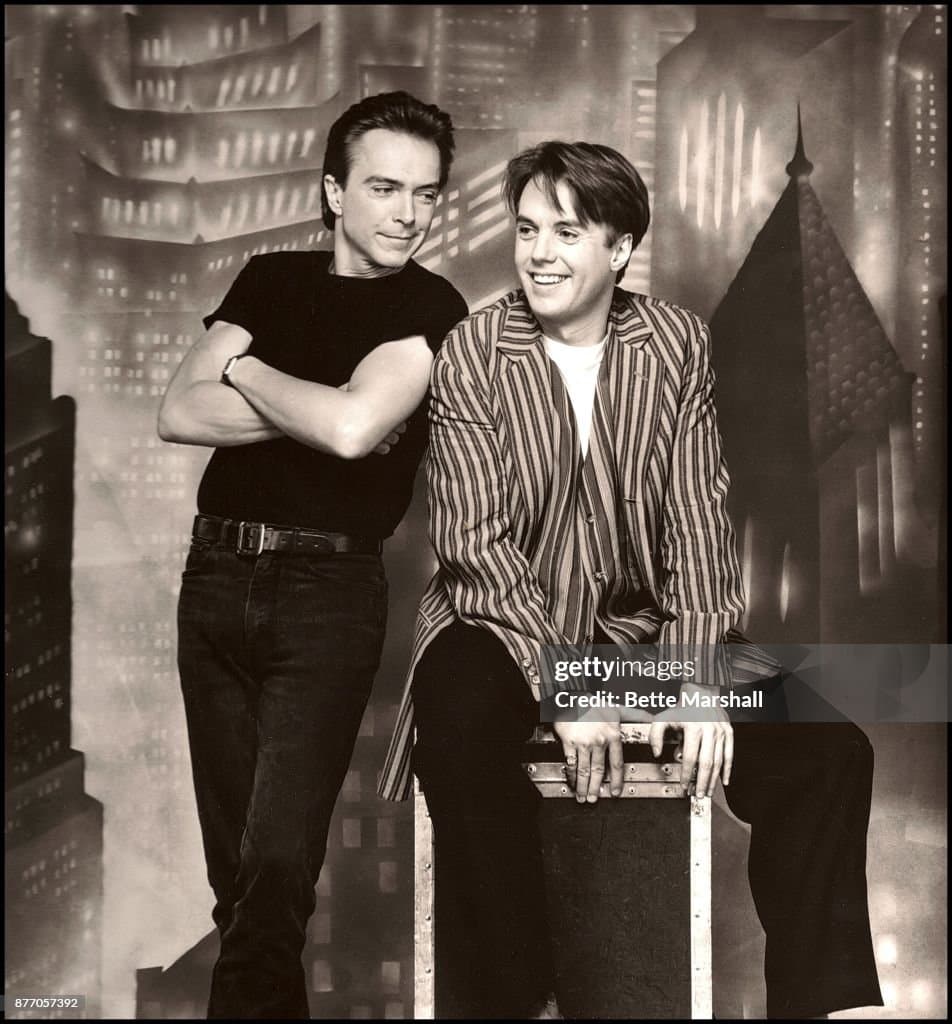
A Gentle Awakening of First Love’s Promise.
Ah, “Morning Girl” by the ever-charming Shaun Cassidy… just the name itself conjures images of youthful dreams and sun-drenched optimism. Released in the spring of 1976, this delightful single swiftly climbed the Billboard Hot 100 chart, peaking at a respectable number 11. It was a moment when pop music was often imbued with a sweet innocence, and “Morning Girl” perfectly encapsulated that sentiment. This song wasn’t just a fleeting melody; it resonated with a generation experiencing the tender stirrings of affection and the hopeful anticipation of what the future held.
The story behind “Morning Girl” is as gentle as the song itself. Written by Neil Sedaka and Howard Greenfield, a songwriting duo responsible for countless hits that defined an era, the track was originally recorded by Sedaka in 1975 under the title “Morning Side of the Mountain.” However, it was Shaun Cassidy‘s earnest and youthful rendition that truly brought the song into the mainstream consciousness. Cassidy, with his boyish good looks and burgeoning teen idol status, imbued the lyrics with a sincerity that connected deeply with his young audience. It was a time when teen idols held a special place in the cultural landscape, offering a soundtrack to the burgeoning emotions of adolescence.
The meaning of “Morning Girl” is beautifully straightforward, a testament to the simple yet profound experience of early love. It speaks of the quiet joy and burgeoning hope that comes with a new relationship. The lyrics paint a picture of waking up to the presence of a loved one, the dawn mirroring the fresh start and endless possibilities that love seems to promise. Phrases like “sun is in the sky, looks like another morning” and “everything’s alright since I met you” convey a sense of peace and contentment found in the presence of this special person. It’s about that feeling of the world being a little brighter, a little more hopeful, simply because someone you care for is by your side. The “morning girl” isn’t just a person; she represents the dawning of new feelings, the start of something beautiful and significant in the narrator’s young life.
“Morning Girl” was featured on Shaun Cassidy‘s self-titled debut album, released in 1976. This album, filled with similarly lighthearted and catchy tunes, solidified Cassidy’s position as a prominent figure in the teen pop scene of the mid-1970s. While he would later explore different musical avenues and even venture into acting and television production, “Morning Girl” remains one of his most recognizable and beloved songs. It’s a gentle reminder of a time when pop music often celebrated the uncomplicated joys of youth and romance.
Listening to “Morning Girl” today evokes a sense of nostalgia for a simpler time. It transports us back to an era of AM radio, record players, and the innocent excitement of first crushes. The song’s enduring appeal lies in its universal message of hope and the sweet anticipation that accompanies the beginning of a relationship. It’s a melody that whispers of youthful dreams and the timeless magic of finding someone who makes your mornings, and your world, feel a little brighter. It’s a gentle awakening, not just of a new day, but of the heart.